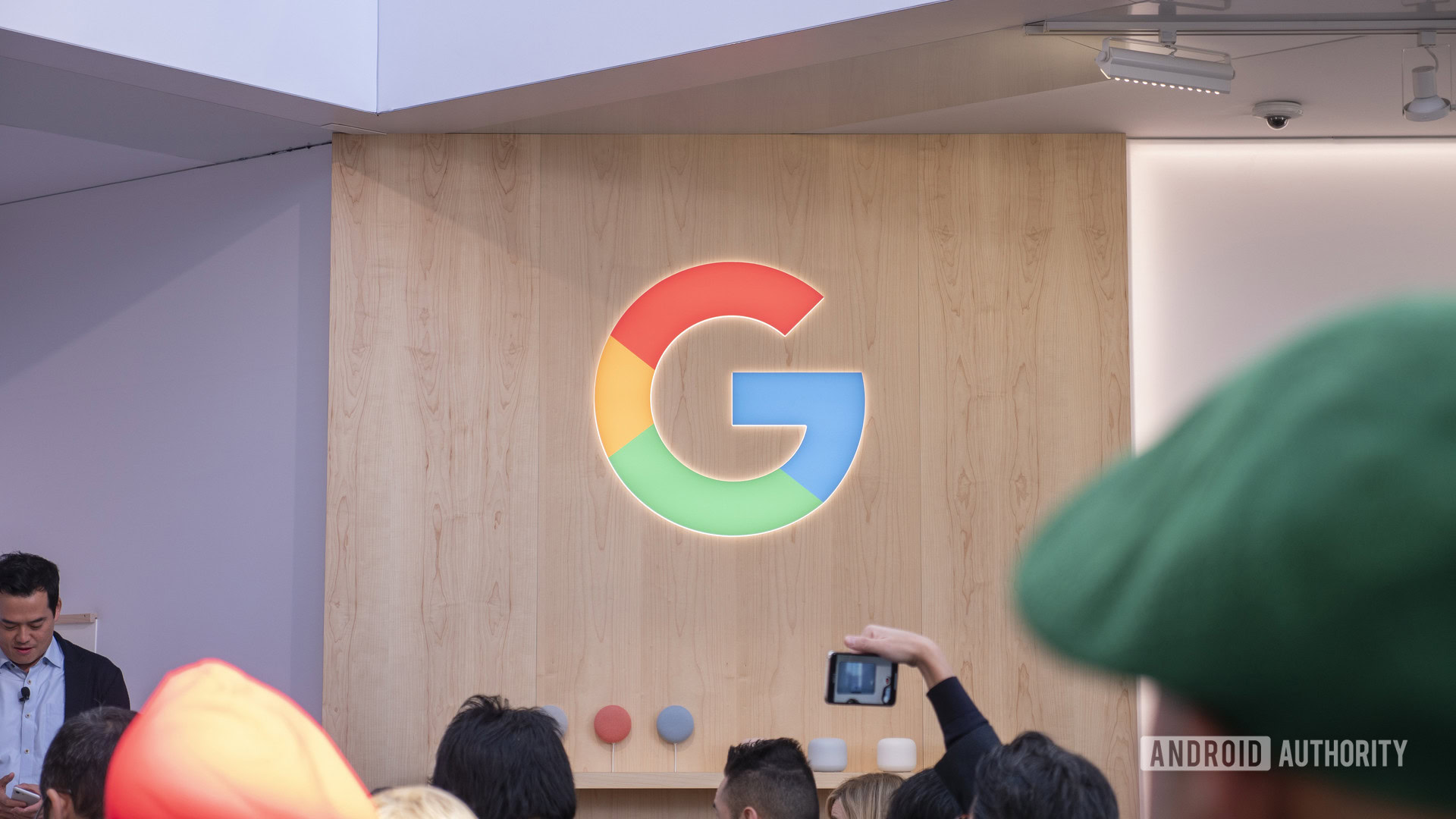How Google’s antitrust cases could change Android as we know it
Our favorite mobile OS may find itself on the chopping block due to antitrust fallout.

- In the wake of a federal judge ruling Google’s search efforts monopolistic, Android divestment may be one potential consequence.
- International attempts to give users search choice seem to have proven ineffective.
- Formally splitting up Google Search and Android could be the best way to prevent Google from falling into old patterns.
Earlier this week, Google suffered a major legal blow, as a federal judge agreed with the government that the search giant had abused its market position in violation of US antitrust law. While labeling Google a monopoly in the world of search is a big deal on its own, we’ve been more curious about what the consequences to this ruling might look like. This isn’t the sort of thing where you just get slapped with a fine and are free to keep on operating as usual — the government’s going to want to take steps in the interest of preventing Google from getting itself into this position again. And to hear some theories on how this might go down, the future of Android has the potential to look very different.
An analysis published by The Information examines the possibility of the government ordering Google to divest itself of Android. From Google’s deals with manufacturers requiring them to include Search and other Google services on their devices, to the way Search plays a role in so many connected offerings — like Assistant and Gemini — the concern is almost that Google can’t even help itself from constantly wanting to intertwine Search with Android.







